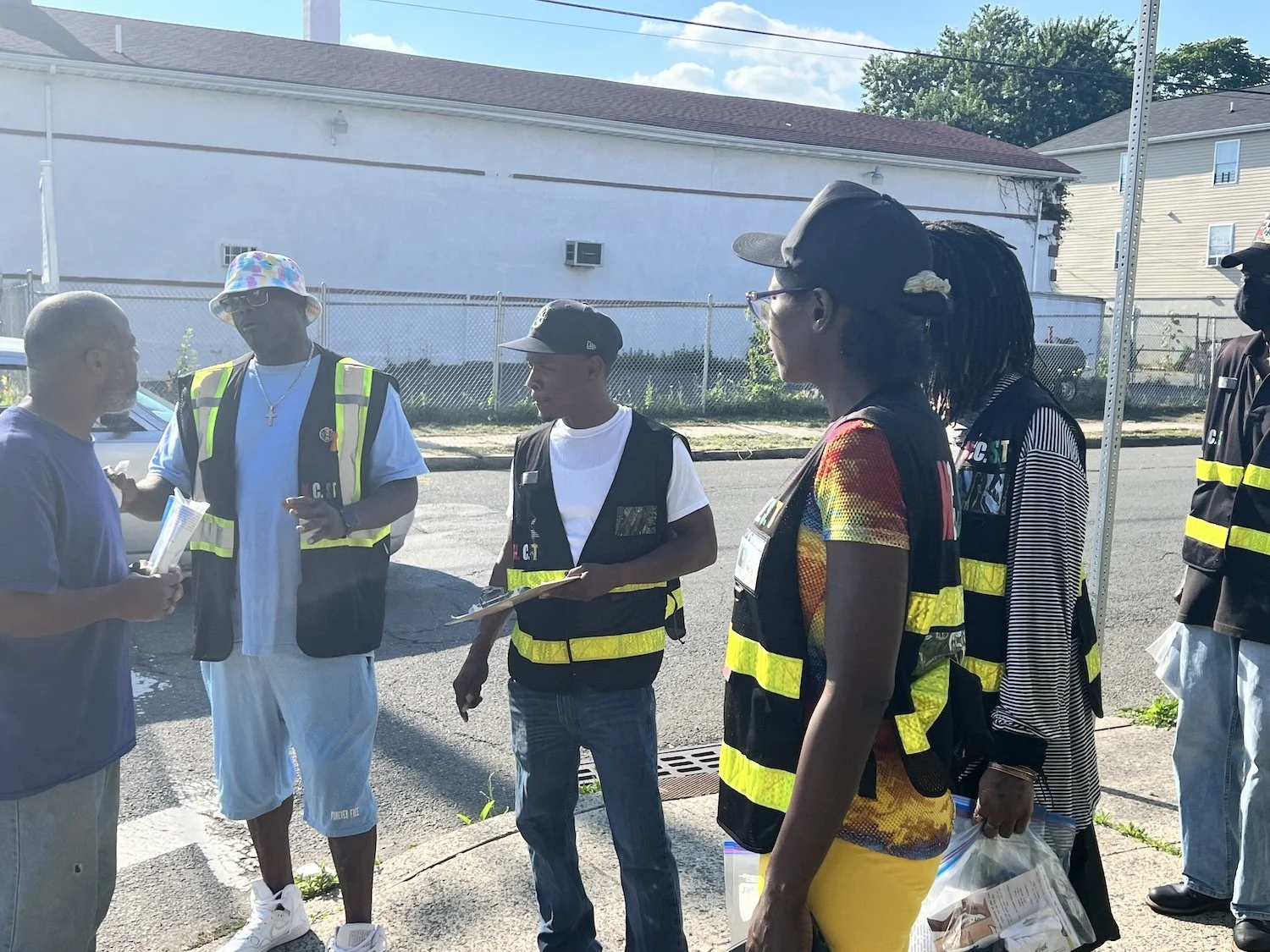Got Ideas for Helping Fix a Broken Probation System? Talk to This Funder
/ L.S. Hall
Robert Eastman/shutterstock
Arnold Ventures has emerged in recent years as philanthropy’s most ambitious and deep-pocketed funder of criminal justice reform. In the last few months alone, it has announced efforts aimed at improving pretrial justice procedures, combating opioid addiction among county jail inmates, supporting research on gun violence, and reforming the prison system itself. All told, Arnold has given nearly $142 million since 2011 for criminal justice reform, tapping a hedge fund fortune to make more than 750 grants to a long list of organizations with the goal of reining in a system that “strips too many people of their jobs, families, health and dignity.”
One contributor to the nation’s vast incarcerated population—now exceeding 2 million, equal to the population of Houston, Texas, the nation’s fourth-largest city—is probation revocation. Arnold has its eye on this problem, too, and has just joined with the City University of New York’s (CUNY) Institute for State and Local Governance to launch the Reducing Revocations Challenge, a new initiative that seeks to change the way probation supervision is handled and reduce unnecessary failures that result in larger jail and prison populations.
Arnold plans to support action research projects in up to 10 jurisdictions across the country to better understand the factors that drive probation failures and revocations, and ways to prevent them, thus informing new policies and practices that can be piloted in a future phase of this initiative. Arnold will select winning projects through a competitive RFP, with CUNY serving as research intermediary.
This is not Arnold’s first foray into the problems surrounding probation and parole. The funder previously launched an initiative aimed at parole and probation, issuing a report with Pew Charitable Trusts that criticized the “one-size-fits-all” approach to parole and probation supervision that fails to distinguish between low- and high-risk offenders. More than 4 million Americans are on parole or probation, and revocations mean many of these people will return to an already overcrowded prison system.
“In some states, more than half the prison admissions are a result of probation or parole failures,” said Amy Solomon, vice president of criminal justice at Arnold, in a news release from the funder. “Probation should help people succeed in their communities, not serve as a gateway to incarceration.”






































